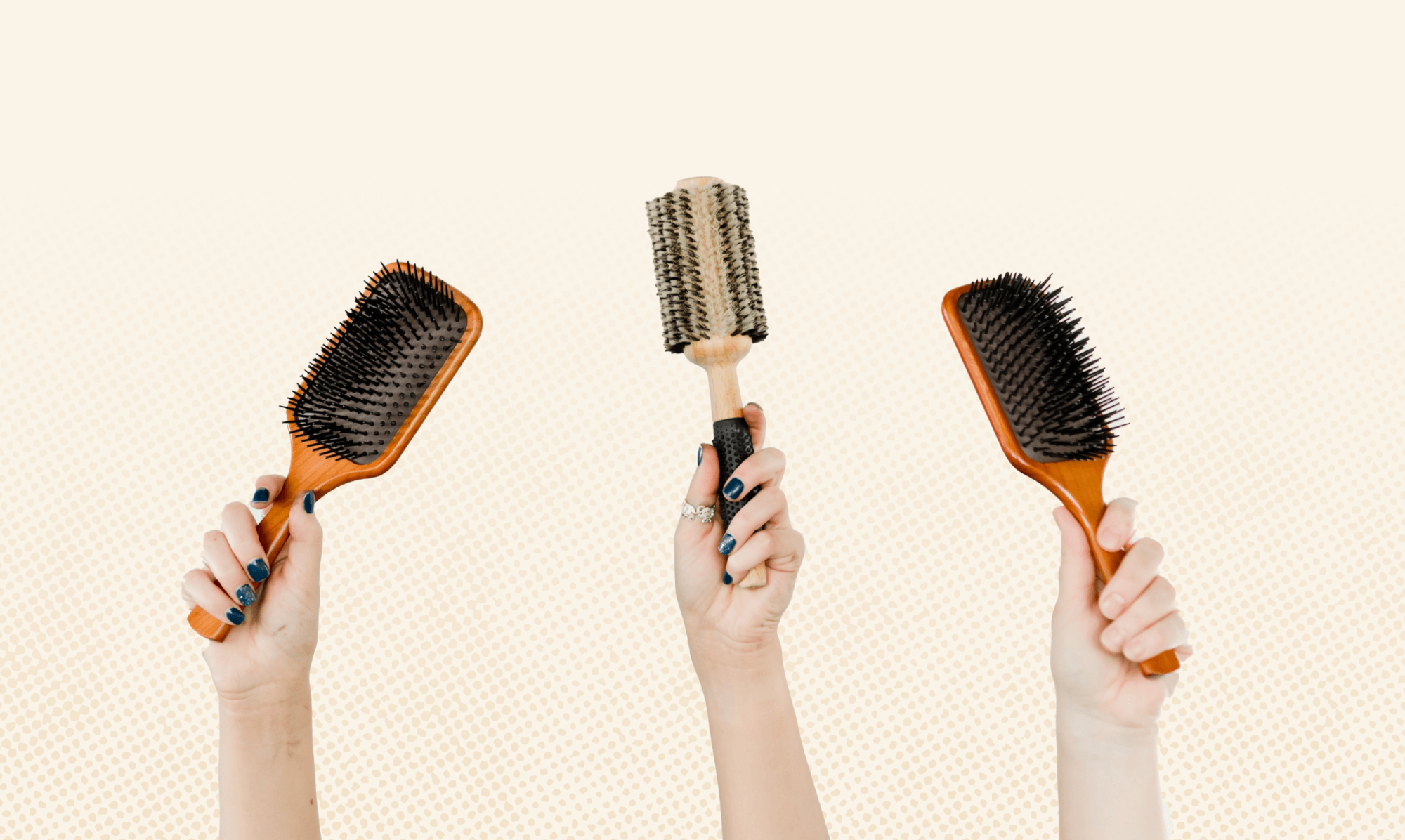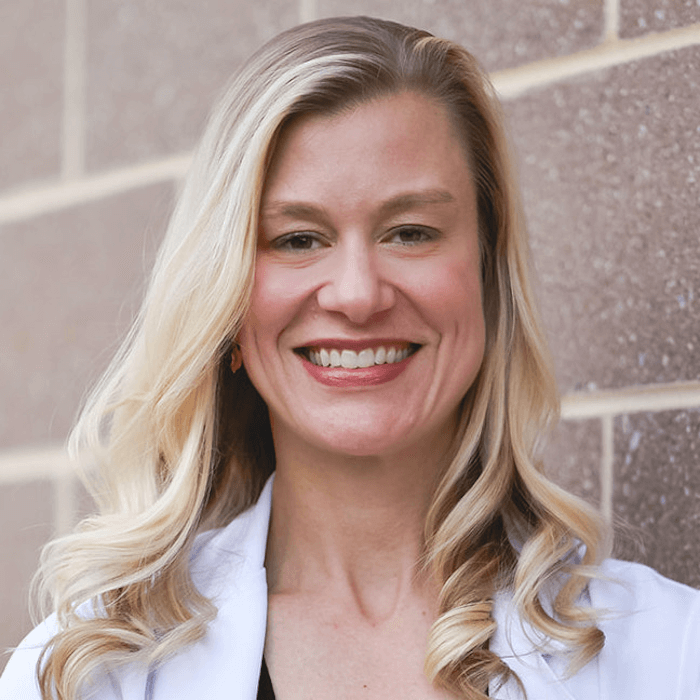National Hair Loss Awareness Month: Hair Loss Truth or Tales


August may have been designated “National Hair Loss Awareness Month,” but for all of us here at REVIAN, this is something that we live and breathe every day. Hair is a significant part of our identity and how we present ourselves to the world – losing it can be intensely distressing and drastically diminish self-confidence. We know this from listening to the emotional stories of powerlessness and panic at the first signs of thinning. This is what fuels us, and why we are on a mission to transform lives by providing men and women with the most advanced technology in hair rejuvenation with REVIAN RED.
Part of this mission is to arm men and women with scientific data and deliver real, clinically proven solutions to help better manage their hair growth journey. The growing number of myths and misconceptions surrounding hair loss and the baffling array of products and treatments on the market can be daunting to consumers. We believe that men and women deserve clinically proven, science-backed data to help them navigate this ever-growing and often confusing marketplace. That’s precisely what compelled us to conduct a randomized, placebo controlled, double-blind study – the “Gold Standard” of human trials – to test the effectiveness of REVIAN RED’s patented dual band LED light therapy.
Knowledge is power and consulting a knowledgeable medical professional should be the first step if you think you’re experiencing hair loss. This is why we made the decision to partner with health care professionals across the country through our Professional Affiliate Program. We encourage anyone experiencing excessive or unusual hair thinning to seek the care and guidance of a medical professional, especially a board-certified dermatologist to accurately diagnose and treat suspected hair loss. The fact of the matter is, not all hair loss is the same, nor should it be treated the same. According to Dr. Dina Strachan of Manhattan’s Aglow Dermatology and REVIAN Affiliate, “There is no universal treatment for hair loss… determining what type of hair loss a particular patient has requires some combination of clinical assessment, scalp biopsy, and/or laboratory testing.”
So, in honor of “National Hair Loss Awareness Month” let’s get your hair growth journey on the right track. We’ve asked some of our REVIAN Partners to dispel those age-old hair loss myths and misconceptions once and for all. Then be sure to make an appointment to see your dermatologist for proper diagnosis and treatment. If you can’t find a Certified REVIAN Affiliate, give us a call and we can direct you to one in your area.
Truth or Tale #1: All hair loss is hormonal
Nope, not even close! There are two major categories of hair loss: Scarring and Nonscarring. Within these two categories, there are even more specific diagnoses. Dr. Rina Allawh of Montgomery Dermatology explains: “Scarring hair loss is typically as a result of an inflammatory process that causes formation of scar that prevents hair from growing. This may also be due to repeated trauma to the scalp, such as thermal damage. Non scarring processes include hormonally driven hair loss, autoimmune causes (such as lupus, alopecia areata), medication-induced, stress induced or post-surgical.” This is why is it is important to seek the care and guidance of a professional to get a proper diagnosis.

Truth or Tale #2: If a treatment worked for my friend, it will work for me
As Dr. Strachan reminds us, “There is no universal treatment for hair loss. Not uncommonly patients request to continue “scalp injections” for hair loss—when the type or cause is unknown. They are usually referring to steroid injections (corticosteroids—not the types that athletes use). These are a popular, and appropriate, treatment for hair loss caused by inflammation as steroids are anti-inflammatory. If the scarring alopecia is end-stage, however, these injections are likely to do nothing. For a person with non-inflammatory hair loss, such as telogen effluvium, a kind of hair loss not caused by inflammation, steroid injections would not be helpful.”

Truth or Tale #3: All women’s hair gets thinner as they age and there’s nothing I can do about it
This is partly true according to Dr. Catherine Tisdall of Dermatology San Antonio. “Nearly 40% of women are affected by female pattern hair loss by age 50 and the prevalence increases with age. It may start in our twenties and for many of us gets worse with menopause. This is hair thinning on the top of the scalp that starts as a “see-through” hairline or widened part-line. It is slowly progressive and often gets worse with menopause.” However, Dr. Tisdall reminds us that the good news is that this type of hair loss is treatable adding, “The earlier you start treatment the better results you will have.”

Truth or Tale #4: Once I start treatment for pattern hair loss, I will have to use it forever
This is a common response from patients according to Dr. Rosina Lin of Westerville Dermatology. “I quickly remind patients that if they were being treated for high blood pressure, the medication is meant to be long term, and not just for a few months in order to keep them healthy. Similarly, once she embarks on a treatment for hair loss such as hereditary hair loss, the treatments are intended to be long term as well.” If this is a concern for patients, Dr. Lin likes to discuss alternative treatments including light therapy and the safety of long-term treatments.

Truth or Tale #5: The right shampoo will stop my hair loss or thinning
Another misconception Dr. Aanand Geria of Rutherford, New Jersey’s Geria Dermatology hears is, “that shampoo alone is enough to treat hair loss. While shampoo can play an important role, we often need to do platelet rich plasma, low level light therapy, supplements, and sometimes medications to get the hair loss under control.”

Truth or Tale #6: A simple blood test will tell me exactly why my hair is falling out
“The most common myth that patients ask me about regarding hair loss is they want to know if there is a blood test or some definitive way to diagnose their hair loss. The truth is that it is often a clinical diagnosis. And there is often no simple cure! Most of the treatments like PRP are “off label” and what works best is a multi-treatment approach!”

Truth or Tale #7: Biotin is all I need to fix my hair loss problem
Dr. Chris Adigun of DLC of Chapel Hill points out that, “taking biotin supplementation for hair loss is incredibly prevalent, but there is not sufficient evidence to support its use to grow hair. Many people think they will just try it (because hair loss is so exasperating), but taking a biotin supplement, especially in higher doses, is also not safe. Higher doses of biotin supplementation can actually falsely normalize laboratory tests, most commonly thyroid, but even those tests that are used to evaluate a heart attack! In short, the risks of taking a biotin supplement far outweigh any potential benefits such as hair growth.”

Many thanks to our REVIAN Affiliate Partners for shedding light on this important issue and helping us dispel these common misconceptions about hair loss. Remember, getting a proper diagnosis is the first step in your hair regrowth journey. You’ve got this, and we’re here to help.
